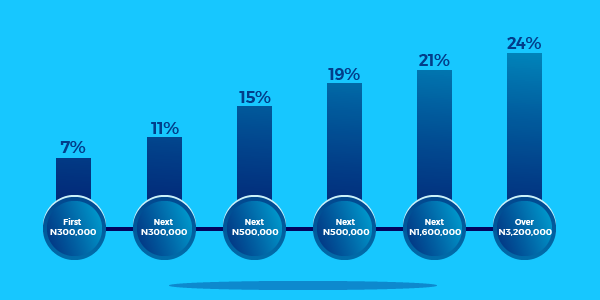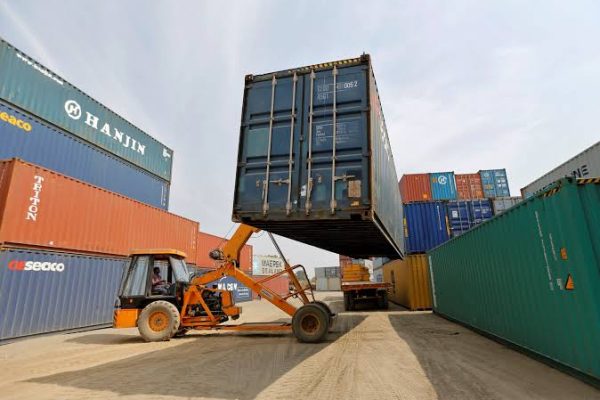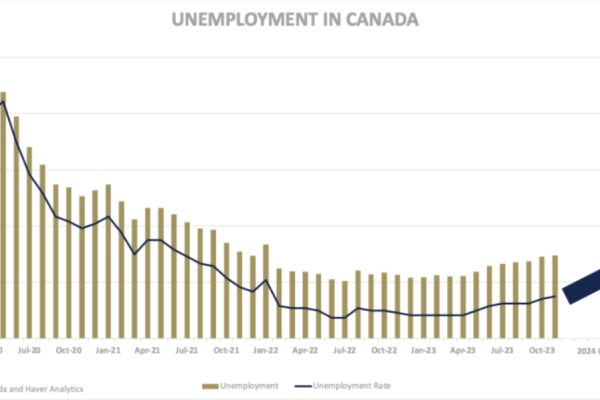
E-Commerce Evolution: Trends Shaping the Future of Online Retail
The evolution of e-commerce is driven by trends such as AI and ML advancements, the rise of mobile commerce, and the integration of AR and VR technologies. These innovations are enhancing personalization, convenience, and engagement in online retail. Companies must adapt to these changes and prioritize customer-centric strategies, sustainability, and data-driven decision-making to thrive in the competitive e-commerce landscape and build lasting brand loyalty.
















